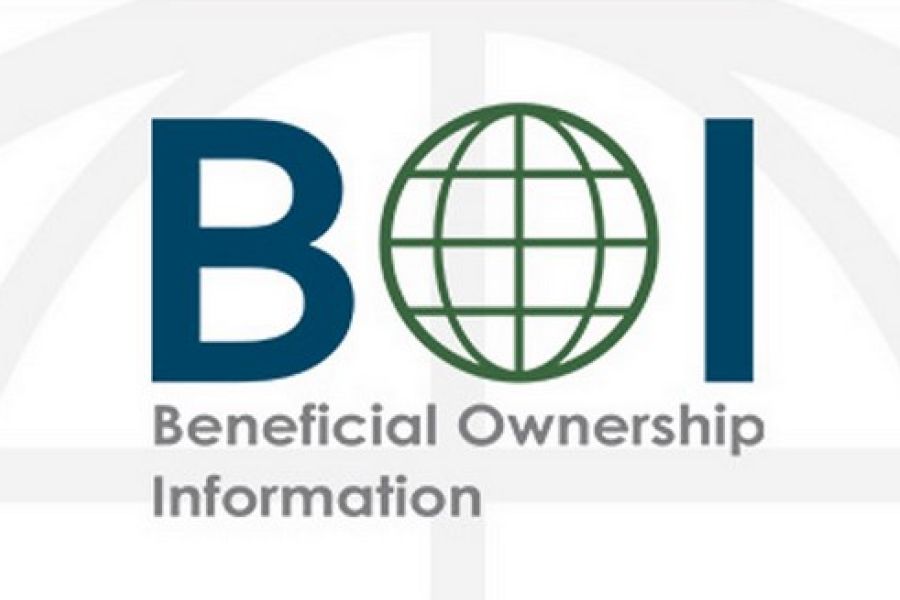To determine how much a business is worth, a valuation professional must develop a comprehensive understanding of how it runs. Financial statements and tax returns tell only part of the story. In-person inquiries provide additional insights that can significantly impact value conclusions. Owner and manager interviews If a valuator hasn’t previously toured a company’s facilities, expect him or her to request a site visit soon after being hired. This gives the expert an opportunity to observe business operations and interview company personnel. Depending on the company’s size and the engagement’s confidentiality requirements, the valuation expert might want to talk to managers from various departments in addition to the owner(s) and other top leaders. Interviews typically cover a broad range of subjects, including but not limited to: Operations history, ...

The nationwide price of gas is slightly higher than it was a year ago and the 2025 optional standard mileage rate used to calculate the deductible cost of operating an automobile for business has also gone up. The IRS recently announced that the 2025 cents-per-mile rate for the business use of a car, van, pickup or panel truck is 70 cents. In 2024, the business cents-per-mile rate was 67 cents per mile. This rate applies to gasoline and diesel-powered vehicles as well as electric and hybrid-electric vehicles. The process of calculating rates The 3-cent increase from the 2024 rate goes along with the recent price of gas. On January 17, 2025, the national average price of a gallon of regular gas was $3.11, compared with $3.08 a year earlier, according...
Once you reach age 73, tax law requires you to begin taking withdrawals — called Required Minimum Distributions (RMDs) — from your traditional IRA, SIMPLE IRA and SEP IRA. Since funds can’t stay in these accounts indefinitely, it’s important to understand the rules behind RMDs, which can be pretty complex. Below, we address some common questions to help you navigate this process. What are the tax implications if I want to withdraw money before retirement? If you need to take money out of a traditional IRA before age 59½, distributions are taxable, and you may be subject to a 10% penalty tax. However, there are several ways that you can avoid the 10% penalty tax (but not the regular income tax). They include using the money to...
New and used “heavy” SUVs, pickups and vans placed in service in 2025 are potentially eligible for big first-year depreciation write-offs. One requirement is you must use the vehicle more than 50% for business. If your business usage is between 51% and 99%, you may be able to deduct that percentage of the cost in the first year. The write-off will reduce your federal income tax bill and your self-employment tax bill, if applicable. You might get a state tax income deduction too. Setting up a business office in your home for this year can also help you collect tax savings. Here’s what you need to know about the benefits of combining these two tax breaks. First, buy a suitably heavy vehicle The generous first-year depreciation deal is...
Whether you’re an entrepreneur seeking start-up funds or the owner of an established business that needs capital to make an acquisition or develop new product lines, be careful when looking for a lender. To avoid fraudsters and potentially dire consequences, you need to take your time and carefully screen anyone eager to lend you money. After all, there must be something in it for them. Ensure that those motivations are honest. Signs signifying trouble Predatory lenders often offer loans with punitive terms and conditions and nonrefundable upfront fees. They especially target businesses with a checkered history or inadequate collateral because they know such borrowers have fewer options and may be more willing to compromise. To tempt borrowers, bad actors might advertise a quick closing or a willingness...
As posted to US Department of Treasury website on 3/2/25 The Treasury Department announced on 3/2/25 that, with respect to the Corporate Transparency Act, not only will it not enforce any penalties or fines associated with the beneficial ownership information reporting rule under the existing regulatory deadlines, but it will further not enforce any penalties or fines against U.S. citizens or domestic reporting companies or their beneficial owners after the forthcoming rule changes take effect either. The Treasury Department will further be issuing a proposed rulemaking that will narrow the scope of the rule to foreign reporting companies only. Treasury takes this step in the interest of supporting hard-working American taxpayers and small businesses and ensuring that the rule is appropriately tailored to advance the public...
As higher education costs continue to rise, you may be concerned about how to save and pay for college. Fortunately, several tools and strategies offered in the U.S. tax code may help ease the financial burden. Below is an overview of some of the most beneficial tax breaks and planning options for funding your child’s or grandchild’s education. Qualified tuition programs or 529 plans A 529 plan allows you to buy tuition credits or contribute to an account set up to meet your child’s future higher education expenses. State governments or private institutions establish 529 plans. Contributions aren’t deductible. They’re treated as taxable gifts to the child, but they’re eligible for the annual gift tax exclusion ($19,000 in 2025). If you contribute more than the annual exclusion limit...
When selling business assets, understanding the tax implications is crucial. One area to focus on is Section 1231 of the Internal Revenue Code, which governs the treatment of gains and losses from the sale or exchange of certain business property. Business gain and loss tax basics The federal income tax character of gains and losses from selling business assets can fall into three categories: Capital gains and losses. These result from selling capital assets which are generally defined as property other than 1) inventory and property primarily held for sale to customers, 2) business receivables, 3) real and depreciable business property including rental real estate, and 4) certain intangible assets such as copyrights, musical works and art works created by the taxpayer. Operating businesses typically don’t own capital assets, but they...
Global merger and acquisition (M&A) volume is expected to surpass $4 trillion in 2025, the highest in four years, according to Reuters. Reasons for the anticipated surge include recent interest rate cuts by the Federal Reserve and GOP promises of fewer regulations and lower taxes for U.S. businesses and their owners. Tariffs — if enacted — also could spur consolidation in certain industries. If your business is planning to jump on the M&A bandwagon, working with a business valuation professional can help during this exciting — but stressful — process. Getting your business sale-ready Business buyers are most interested in a company’s core competencies. Nonessential items — such as underperforming segments, nonoperating assets, shareholder loans and minority investors — complicate a deal. An experienced business valuation pro can...
Saving for retirement is a crucial financial goal and a 401(k) plan is one of the most effective tools for achieving it. If your employer offers a 401(k) or Roth 401(k), contributing as much as possible to the plan in 2025 is a smart way to build a considerable nest egg. If you’re not already contributing the maximum allowed, consider increasing your contribution in 2025. Because of tax-deferred compounding (tax-free in the case of Roth accounts), boosting contributions can have a significant impact on the amount of money you’ll have in retirement. With a 401(k), an employee elects to have a certain amount of pay deferred and contributed to the plan by an employer on his or her behalf. The amounts are indexed for inflation each year...
- 1
- 2
- 3
- 4
- 5
- 6
- 7
- 8
- 9
- 10
- 11
- 12
- 13
- 14
- 15
- 16
- 17
- 18
- 19
- 20
- 21
- 22
- 23
- 24
- 25
- 26
- 27
- 28
- 29
- 30
- 31
- 32
- 33
- 34
- 35
- 36
- 37
- 38
- 39
- 40
- 41
- 42
- 43
- 44
- 45
- 46
- 47
- 48
- 49
- 50
- 51
- 52
- 53
- 54
- 55
- 56
- 57
- 58
- 59
- 60
- 61
- 62
- 63
- 64
- 65
- 66
- 67
- 68
- 69
- 70
- 71
- 72
- 73
- 74
- 75
- 76
- 77
- 78
- 79
- 80
- 81
- 82
- 83
- 84
- 85
- 86
- 87
- 88
- 89
- 90
- 91
- 92
- 93
- 94
- 95
- 96
- 97
- 98
- 99
- 100
- 101
- 102
- 103
- 104
- 105
- 106
- 107
- 108
- 109
- 110
- 111
- 112
- 113
- 114
- 115
- 116
- 117
- 118
- 119
- 120
- 121
- 122
- 123
- 124
- 125
- 126
- 127
- 128
- 129
- 130
- 131
- 132
- 133
- 134
- 135
- 136
- 137
- 138
- 139
- 140
- 141
- 142
- 143
- 144
- 145
- 146
- 147
- 148
- 149
- 150
- 151











